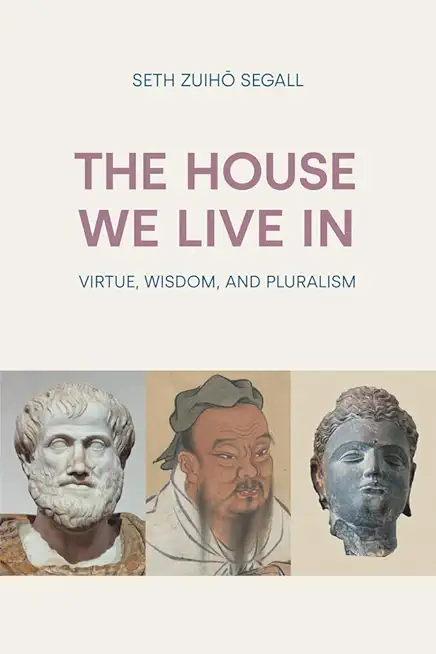
description
and democratic governance are under sustained attack from right-wing Christian fundamentalists, white ethnonationalists, and economic populists. At the same time, liberal democracies are failing at cultivating and transmitting the values, wisdom, and virtues that are the perquisites for individual and collective flourishing. Liberal democracies seem increasingly unable to negotiate diverse visions of the good life rooted in regional, ethnic, racial, religious, generational, and socioeconomic differences. Aspiring autocrats and social media organizations exploit these divisions to enhance their power or profit, resulting in increased tribalization and affective polarization. Solving these problems requires a renewed understanding of human flourishing and the wisdom and virtues that make it possible. The House We Live In explores the commonalities underlying three classical approaches to virtue ethics--Aristotelean, Buddhist, and Confucian--to develop a flourishing-based ethics capable of addressing the problems of liberal democracies. The book examines the moral and intellectual virtues that promote flourishing, the diversity of ways in which we may flourish, and the factors all flourishing lives share. It shows how a flourishing-based ethics can serve as a corrective to the historical Western over-emphasis on individualism at the expense of community. Finally, it addresses problems in domestic and foreign policy and the difficulties in talking to each other across the political divide from a flourishing-based perspective. The book is a reaffirmation of pluralism, the liberal democratic tradition, and the necessity of a pragmatic approach to living together despite seemingly incommensurable differences.
member goods
No member items were found under this heading.
Return Policy
All sales are final
Shipping
No special shipping considerations available.
Shipping fees determined at checkout.







